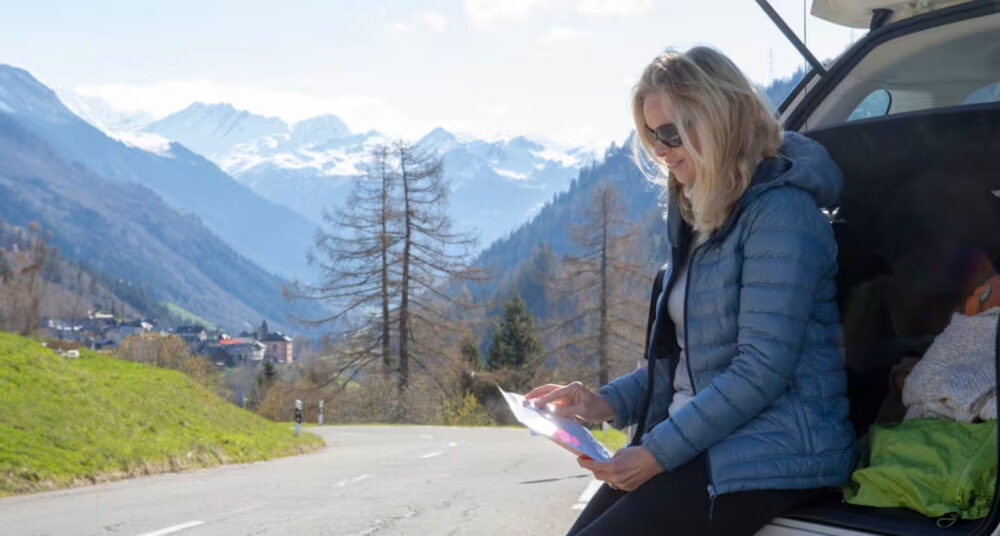Car wash: How to save valuable water
BLITZBLANK Water shortages are on the horizon again this summer. Washing cars and still saving water - is that possible? Markus Tschuran, branch and service manager at the Swiss Otto Christ AG, explains how. The past hot summer remains in our memories: fish that had to be rescued from water that was far too warm and shallow, fields that were dry as dust, the danger of forest fires, dried-up wells and water withdrawal bans. The [...]

The past hot summer remains in the memory: fish that had to be rescued from water that was far too warm and shallow, fields that were dry as dust, the danger of forest fires, dried-up wells and water withdrawal bans. Switzerland suffered from the desert climate for months. The entire country gazed spellbound at the sky, hoping for the redeeming rain, and realized: water is precious.
Is it even allowed to wash your car in summer without a guilty conscience?
Markus Tschuran: "Being allowed depends - as has also been shown - at worst on the authorities. However, it is clear that we still advise a reasonable number of washes. In summer, the paint is not only exposed to extreme conditions due to the heat - insects, bird droppings and so on also leave their mark. If the paint is not cleaned and cared for regularly, the consequences can be ugly."

What options does it offer its customers to still save water?
Markus Tschuran: "We are continuously working on improvements and optimizations that contribute to environmental protection. These include more economical electric motors, more efficient dryer fans and water-saving programs."
By no means all car wash operators rely on a water treatment system.
Markus Tschuran: "Water is too cheap in Switzerland. Therefore, the financial outlay is not great if someone relies only on fresh water. A water treatment plant, on the other hand, is an investment and needs space - even if it makes absolute sense from an ecological point of view. It is also a matter of conscience. Nevertheless, some want to use fresh water as long as the legal regulations allow it. But I think the restrictions will increase."
What will happen in the future with regard to water treatment and water conservation?
Markus Tschuran: "A certain amount of fresh water must always be mixed in. With process water alone, for example, the drying aid does not work. We want to reduce the total amount of water used for washing. This can be achieved through higher water pressure, new nozzles or optimized washing processes. We are researching in all directions."
Doing without water treatment, mixing the chemistry yourself - is this the way to save money?
Markus Tschuran: "No, our customers no longer have that. Some thought they could save by doing so, but had negative experiences. The right mix in chemistry is very important. One example: if you use too much dryer compared to the shampoo, then there are stains on the windows or dark vehicles."









